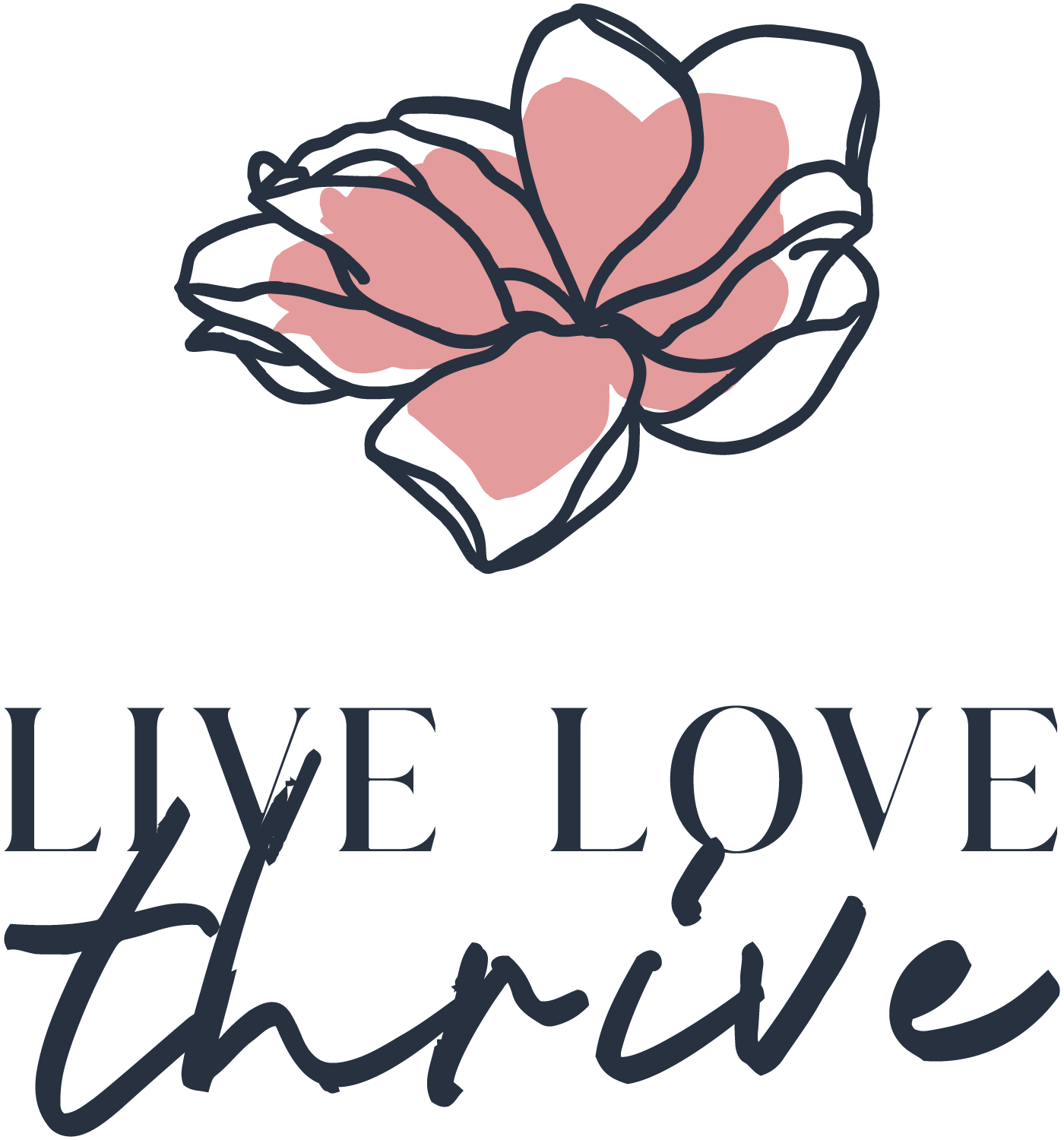
Menopause marks a significant and natural transition in a woman’s life. For some, it arrives quietly. For others, it’s unmistakable. Either way, it brings a wide range of changes — physical, emotional, and even cognitive — as your body adjusts to shifting hormones. Knowing what to expect can help you feel grounded, in control, and ready to embrace this next chapter of womanhood.
What is Menopause?
Menopause is a natural life stage that marks the end of a woman’s reproductive years. Medically, it is defined as the point when you haven’t had a menstrual period for 12 consecutive months, without any other underlying medical cause.
It’s helpful to think of menopause as a single day — the day you officially reach this milestone. Postmenopause is everything that comes after that day, and it lasts for the rest of your life.
Before menopause, there’s a transitional stage called perimenopause. This is when hormone levels and menstrual patterns begin to shift, and when most women start noticing the first menopause symptoms, like hot flashes or changes in sleep.
What is Perimenopause?
Perimenopause is the natural transition into menopause, driven by gradual changes in hormone levels, particularly estrogen and progesterone.
- During your peak reproductive years, estrogen rises and falls in predictable patterns, supporting regular ovulation and menstrual cycles.
- In perimenopause, your ovaries produce less estrogen, which also affects progesterone levels. These fluctuations can change the timing, flow, and regularity of your periods.
Common changes during perimenopause include:
- Irregular periods — cycles may be longer, shorter, heavier, lighter, or occasionally skipped.
- Hot flashes and night sweats — though some women may experience very few or none at all.
- Other menopause-related symptoms such as mood changes, sleep disturbances, or fatigue.
Eventually, the ovaries stop producing estrogen and progesterone entirely, ovulation ceases, and menstrual periods come to an end. After 12 months without a period, you enter postmenopause.
During postmenopause, some symptoms may continue, and certain health considerations, like bone and heart health, become more important. With awareness, self-care, and support, this stage can also be a time of freedom, confidence, and renewed focus on your wellbeing.
What is the Average Age of Menopause?
Most women reach menopause between ages 45 and 55, with the average being 51.
Some experience early menopause between 40 and 45, and in rare cases — less than 1% — the ovaries stop functioning before age 40, a condition known as premature menopause or premature ovarian insufficiency (POI).
Perimenopause can last for several years — up to 14 — though the average is around four years. During this period, women pass through three distinct stages:
- Perimenopause (average 4 years) – The stage when menstrual cycles become irregular and symptoms such as hot flashes or night sweats may appear.
- Menopause (a single day, average age 51) – The milestone of 12 consecutive months without a period.
- Postmenopause (the rest of your life) – Any time after menopause, when reproductive hormone levels stabilize at a lower level.
Menopause is a normal and natural part of aging, but the hormonal shifts can sometimes make women feel misunderstood, disconnected, or invisible. Learning to recognize and understand menopause symptoms can help you approach this phase with confidence, clarity, and empowerment.

The 34 Symptoms of Menopause
Here’s a comprehensive list of 34 common symptoms you may notice. Each one is normal, even if it feels strange, and knowing about them can help you feel more prepared and empowered.
- Changes to your periods – Cycles may become irregular, lighter, or heavier before stopping altogether.
- Hot flashes – Sudden waves of heat, sometimes with flushing and sweating, often triggered by your body adjusting to lower estrogen.
- Night sweats – Sweating that disrupts sleep, leaving you tired the next day.
- Anxiety – Feeling more on edge or restless than usual is common during this hormonal shift.
- Low mood – Moments of sadness or irritability can happen, and acknowledging them is important.
- Mood swings – Rapid changes in emotions, from frustration to tears, are normal and temporary.
- Brain fog – Difficulty concentrating or feeling mentally slower can occur as hormones fluctuate.
- Forgetfulness – Misplacing items or struggling to recall details is common; it doesn’t mean something is “wrong” with you.
- Reduced sex drive – Lower libido is a natural effect of changing hormones and doesn’t define your femininity.
- Vaginal dryness or discomfort – Sensations of dryness, itchiness, or pain can happen, but are manageable with care and support.
- Breast tenderness – Soreness or sensitivity as hormone levels change.
- Headaches or migraines – Shifts in estrogen can make headaches more frequent or intense.
- Difficulty sleeping or insomnia – Trouble falling or staying asleep, sometimes worsened by night sweats.
- Muscle and joint aches – Stiffness or soreness is common and often improves with gentle movement.
- Bloating – Digestive changes can cause temporary abdominal fullness or discomfort.
- Electric shock sensations (ESS) – Tingling or sudden “pins and needles” sensations are sometimes experienced.
- Restless legs – A compelling urge to move your legs, often at night, which can interrupt rest.
- Itchiness – Dry or irritated skin can accompany hormonal changes.
- Concentration issues – Moments of distraction or difficulty staying focused are normal.
- Brittle nails – Nails may become weaker or more prone to breaking.
- Hair thinning – Hair volume or density can decrease naturally with age.
- Weight gain – Changes in metabolism often shift where and how your body stores fat.
- Urinary changes – Increased frequency, urgency, or infections may occur.
- Allergies or sensitivities – Some women notice heightened reactions to allergens or skin irritants.
- Feeling dizzy or faint – Occasional lightheadedness is common, but persistent issues should be checked by a professional.
- Heart palpitations – Awareness of an irregular or racing heartbeat can happen during hormonal shifts.
- Fragile bones and reduced muscle mass – Bone density decreases naturally, making strength-building important.
- Irritability – Quick frustration or low patience is a normal part of adjustment.
- Dry skin – Skin may lose elasticity and moisture; gentle hydration helps.
- Tingling sensations – Numbness or prickling, particularly in hands or feet, may occur.
- Burning Mouth Syndrome – Tingling or burning sensations in the mouth can happen, often temporary.
- Fatigue – Persistent low energy is common, even with adequate rest.
- Body odour changes – Hormonal shifts can subtly alter natural scent.
- Changes in taste and smell – Sensitivity to flavors or aromas may increase or shift.
Why Symptoms Vary
No two journeys are alike. Genetics, lifestyle, stress, nutrition, and overall health all play a role in how menopause unfolds. Experiencing a wide range of symptoms, or only a few, is completely normal.
Embracing Menopause with Support
While menopause is a natural evolution, there are ways to feel your best during this transition:
- Nutrition – Eating whole, balanced foods rich in calcium, protein, and phytoestrogens supports bones and hormones.
- Movement – Gentle exercise, strength training, and yoga can improve energy, mood, and joint health.
- Rest and stress management – Mindfulness, meditation, and consistent sleep routines help you stay balanced.
- Targeted supplements – Products like Thrive GRACE are formulated to support hot flash relief, sleep, and overall wellness.
Final Thoughts
Menopause is not a problem to fix — it’s a chapter to navigate with grace and awareness. By understanding these 34 symptoms and embracing self-care, you can move through this stage feeling informed, empowered, and reconnected with your body. This is your moment to thrive.



